REPORT: 4th National Climate Assessment – Caribbean Chapter Stakeholder Engagement Workshop
The objective of the Caribbean Regional Chapter Stakeholder Engagement Workhop, hosted by the USDA Caribbean Climate Hub and by the U.S. Global Change Research Program, was to gather input from a diverse array of stakeholders throughout the region to inform the Caribbean chapter of the Fourth National Climate Assessment (NCA4), and to share the process and timeline for the development of NCA4.
The workshop took place March 9th , 2017 at the International Institute of Tropical Forestry (IITF) in Río Piedras and was attended by 100 people, including 60 participants that gathered at IITF and 40 remote participants that joined online or at one of the satellite locations in the Southeast Climate Science Center on the North Carolina State University Campus in Raleigh, at the University of the Virgin Islands GeoCAS Institute on St. Thomas, and at the U.S. Global Change Research Program office in Washington DC.
The participants included representatives from a wide array of sectors, including government representatives from municipal authorities and the local Departments of Natural Resources and Agriculture, USDA personnel, non-governmental organizations, private businesses, consultants, students and faculty from the University of Puerto Rico and the University of the Virgin Islands, and international partners. The workshop included an author’s follow-up meeting on March 10th.
The chapter authors presented information about the 5 key messages proposed for the Caribbean Regional Chapter, including Freshwater Resources, Marine resources, Coastal resources and environments, Disaster risk response to extreme events, and Warming temperatures. An important outcome of the meeting was that the participants identified the need for an additional key message focused on international Caribbean Regional initiatives, capacities, and potential collaborations addressing climate change. The workshop included breakout groups that expanded ideas on specific effects, resource references, adaptation success stories and emerging issues in different sectors.
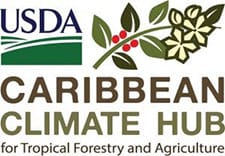
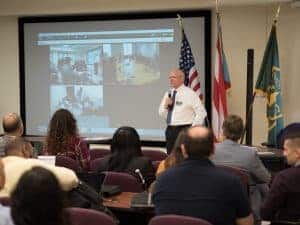
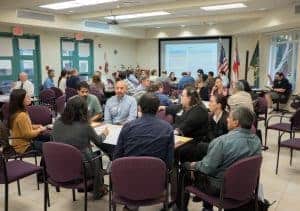
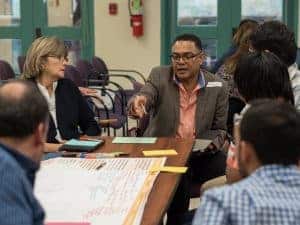
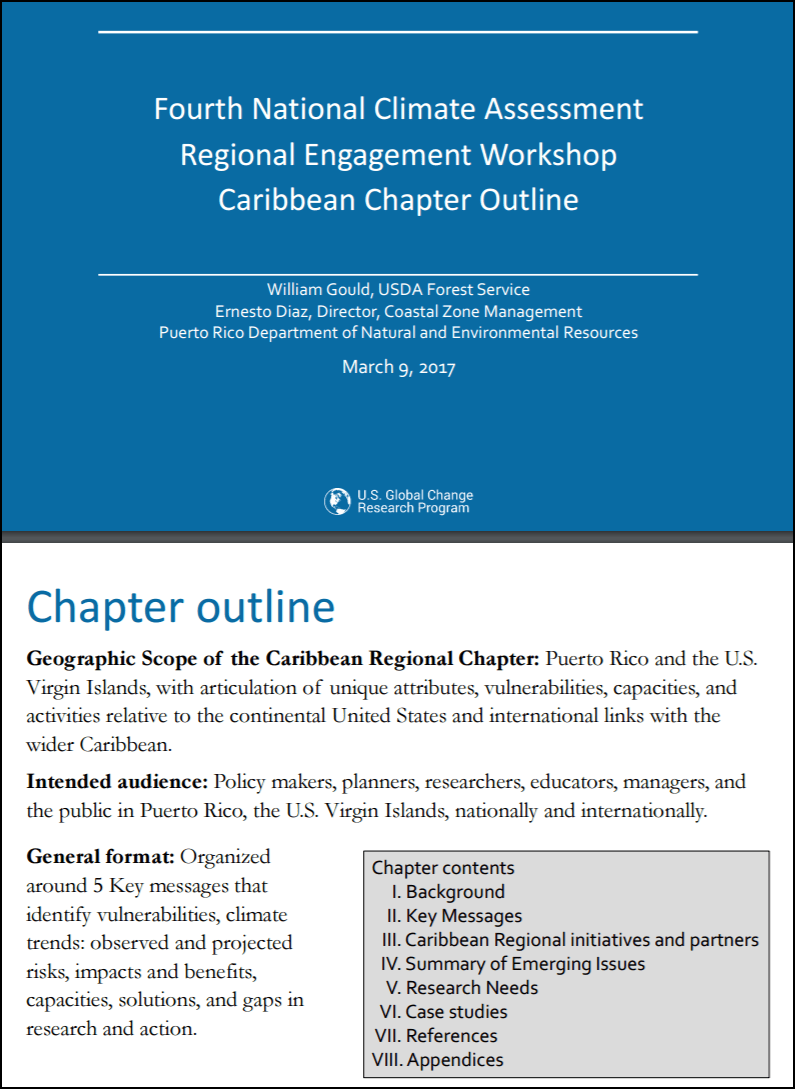



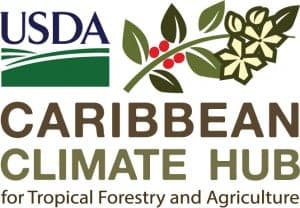
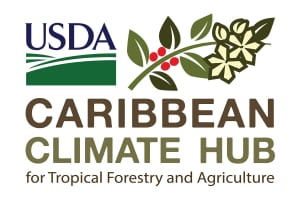


Follow Us!